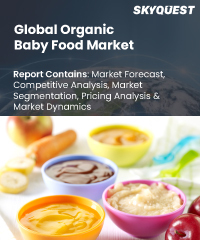
Product ID: SQMIG30I2146
Report ID:
SQMIG30I2146 |
Region:
Global |
Published Date: February, 2024
Pages:
242
|
Tables:
64 |
Figures:
77
We respect your privacy rights and safeguard your personal information. We prevent the disclosure of personal information to third parties.

Product ID: SQMIG30I2146